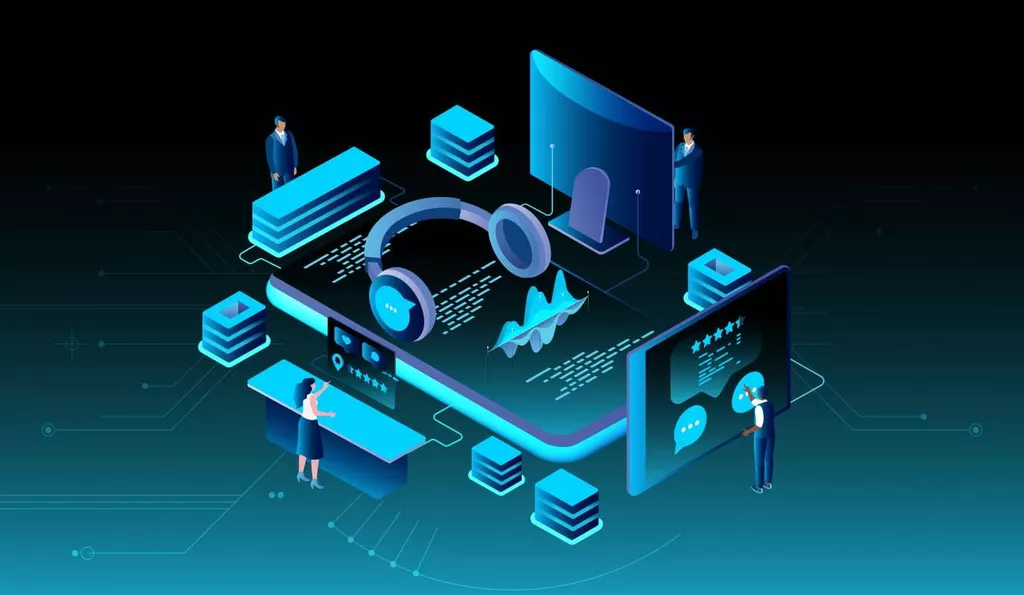Mushegh’s LinkedIn: https://www.linkedin.com/in/mushegh-aslikyan-16752b113/
Welcome to the second installment of our exclusive Customer Support Interview Series. Join us on our enlightening journey through the world of customer support, where we dive deep into various topics, from industry insights to future forecasts, in our conversations with customer support experts from different industries and spheres. Today, we are delighted to welcome Mushegh Aslikyan, Head of CS at ArctX, as our support expert for our second interview. Let’s get into the questions and see what he has to say and what insights he will share with us.
The ArctX Customer Support Experience
- How significant are personalization and customization in providing satisfying and memorable customer support experiences for your clients?
I believe customer support strategies are significantly influenced by market demands. For instance, when dealing with a large number of clients, personalization and customization may become challenging. Due to the high inquiry volume, the support team relies on manuals and guidelines to provide swift customer service. Onboarding new employees could also take longer in a highly personalized support setting. However, it’s important to note that offering a personalized service can enhance client satisfaction, making them feel valued and important.
- How do you ensure a balance between swift responses and providing accurate and helpful solutions when dealing with queries from customers?
To ensure fast and accurate service, we implement two key tools:
- Bonus system: Employees are incentivized with bonuses based on the speed and quality of their service.
- Monitoring and Training: Our processes involve multi-layer monitoring and double-checking. The data from monitoring results are then used to provide personalized training for all team members. This training is an ongoing process that continuously improves their skills.
- With the rapid advancements in artificial intelligence, have you explored the utilization of AI-powered support systems to assist your customer support team? If so, can you share the impact of implementing these systems on your overall efficiency?
Currently, we are in the research phase of exploring various AI tools to identify the ones that can significantly enhance our service speed and quality.

AI-Related Challenges and Future Prospects
- As we progress into a more globalized economy, providing customer support in multiple languages has become essential for businesses. How have you addressed this challenge?
We have a dedicated team for each major market we serve. When clients request support in new languages, our process allows us in 45-60 days to hire and train a new team to ensure we can provide high-quality 24/7 service in that language.
- In your experience, what do you think are the main hesitations or barriers for organizations when considering the implementation of AI-driven customer support systems?
Our main concerns revolve around data protection and storage. Providing customer-sensitive data to third-party companies poses a high risk, as it could potentially be stolen or misused. Moreover, there’s a concern that AI, if not properly secured, could offer the same level of service to our competitors based on knowledge gained from our data.
Another issue we face is the complexity of integrating multiple service providers into a single AI tool. The process can be intricate, and unexpected maintenance from any of the providers may lead to AI malfunctions.
- Given the trajectory of AI technology, how do you envision the customer support field developing and evolving in the next 5-10 years, and what do you think will be the role of AI-powered support systems in shaping this transformation?
In the next 5-10 years, or even sooner, I believe AI will completely replace humans in customer support roles. The primary responsibility of the customer support team will then shift to training and integrating AI systems effectively.
Conclusion
As we draw our interview to a close, it’s evident that traditional factors, like personalization and customization, still play a major role in customer satisfaction, and by providing agents with personalized training based on analyzed data and incentivizing them with bonuses, you can ensure that a high level of support continues to be provided. However, all of that may soon change with Mushegh predicting that AI will completely replace human agents in support roles within the next 5-10 years.
